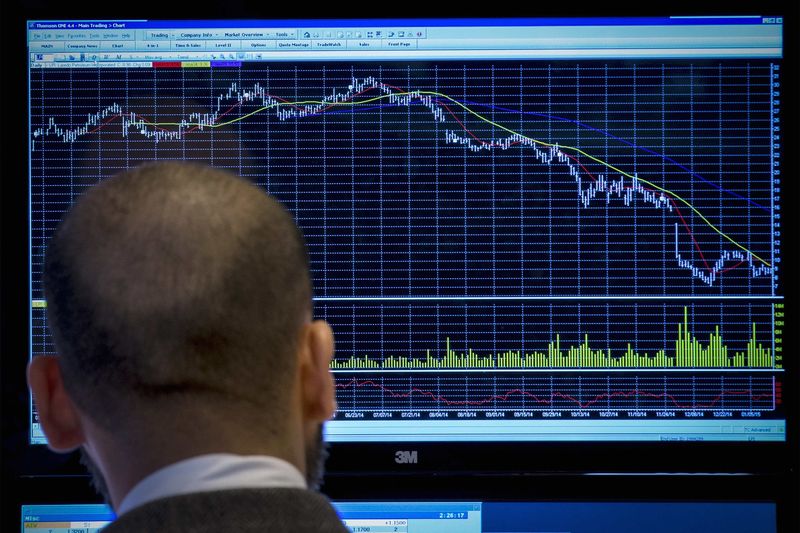© Reuters.
The Invesco QQQ Trust (NASDAQ: QQQ), an Exchange-Traded Fund (ETF) launched on March 10, 1999, and with net assets worth $195 billion, has been under scrutiny due to its high concentration in large tech stocks, which contributes to volatility risk and limits broad diversification.
It was noted that the fund’s top ten holdings, including Nvidia (NASDAQ:), Meta Platforms (NASDAQ:), Broadcom (NASDAQ:), Alphabet (NASDAQ:) class A and B, Tesla (NASDAQ:), and Adobe (NASDAQ:), account for about half of the fund’s total assets. While the fund has a heavy concentration in tech stocks (57%), the Nasdaq-100 index it tracks is not purely a technology index but also includes sectors like consumer discretionary and healthcare. This structure may not cater to investors seeking a tech-focused or broadly diversified investment.
Despite its low expense ratio of 0.2% and an annualized return of 8.95%, the fund’s concentration in large stocks like Apple (NASDAQ:), Microsoft (NASDAQ:), and Amazon (NASDAQ:) (26% of assets) creates volatility risk and hinders broad diversification.
In terms of performance, as of the end of the first three quarters of 2023, its annualized return was 8.95%, nearly identical to the index’s return of 9.17%. This suggests that although Invesco QQQ is efficient and performs its intended function well by closely tracking the Nasdaq-100 index, it may not provide the potential for significant growth beyond what investing directly in the Nasdaq-100 index would yield.
While beneficial for investors seeking to mirror the index’s performance, this close alignment can be a double-edged sword. It may not offer substantial returns for those seeking significant growth, raising questions about whether this ETF is a suitable choice for all types of investors.
This article was generated with the support of AI and reviewed by an editor. For more information see our T&C.
Read the full article here




